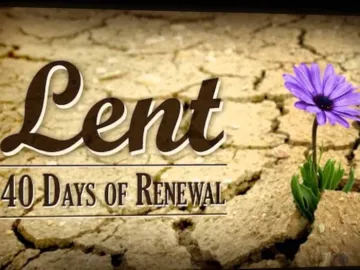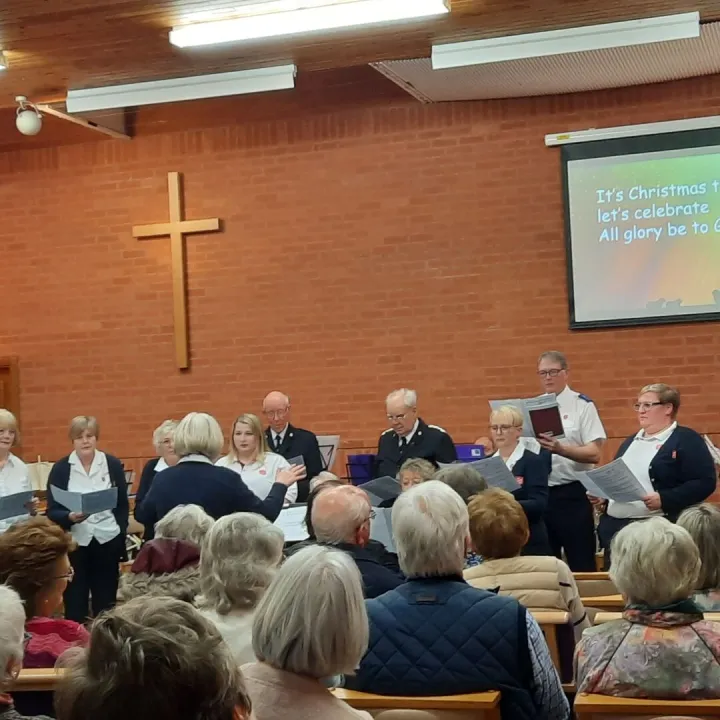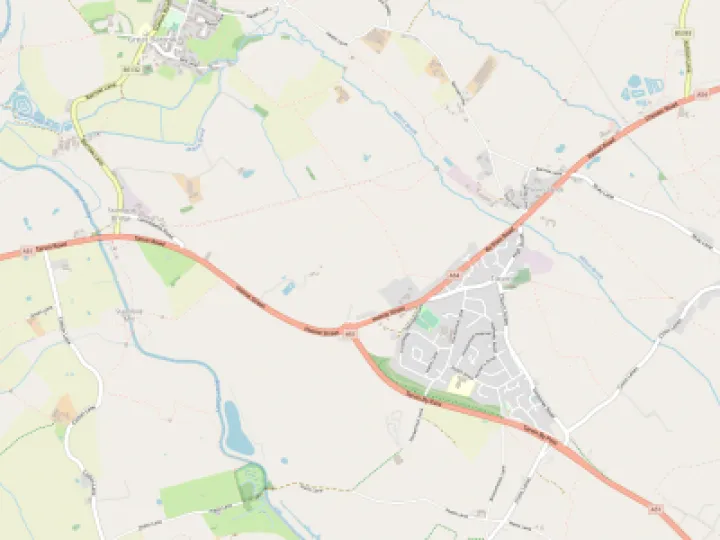Ash Wednesday – What is it all about?

Today is "Ash Wednesday", immediately following Shrove Tuesday, it is the Christian festival signifying the start of Lent. Lent has increasingly become a secular event as well as a religious one. What is a "Secular Lent"? does it miss the point, and what's the significance of the "ash"?
In actual fact, Ash Wednesday and its traditions are not mentioned in the bible. However, on Ash Wednesday, many Christians attend mass or Holy Communion, or simply gather to listen to bible stories or join together in prayer to begin the observance of "Lent".
It's not just about self-denial
We often think of the 40 day period of Lent as being a period of self-denial or abstention of something such as alcohol or chocolate to commemorate the fasting and temptation of Jesus for forty days and forty nights in the wilderness before his execution by Pontius Pilate. However, for many Christians, Lent means much more than that; the message that most Christians receive on Ash Wednesday is to remind them of their mortality: "Know that you are dust and to dust you shall return."
Penance, Prayer, Reflection, and Repentance
Lent is a time for reflection, meditation, prayer, and repentance for sins, as well as a time for focusing on acts of kindness and charity called "almsgiving". The Mass or Communion service on Ash Wednesday includes a long period of silence to allow worshippers to reflect on their sins, repent and ask God for forgiveness.
Why "Ash?"
In the service, the priest takes an ash paste and makes a cross on the forehead of worshippers. The ash represents repentance and purification and is a symbol reminding worshippers that as humans, we return to dust after death. The ash is usually a mixture of olive oil, holy water and ashes of the previous years' palm leaves from Palm Sunday.
Ash Wednesday in Lockdown
In consideration of Covid restrictions, the Vatican has asked that rather than making a cross of ash on the foreheads of worshippers, ashes should be sprinkled over the head.
In the UK, Catholics and other Christians are asked to observe Ash Wednesday at home, making black crosses out of ribbon and wearing these instead. Catholics are also asked to stick to fasting, prayer and charity promises, despite the lack of observance of mass.
Fasting and Self Denial:
Traditional "fasting" over Lent varies widely: Some fast before receiving ashes. Some give up all forms of rich food and drink from Ash Wednesday to Easter Sunday. The Roman Catholic church expects adults to abstain from meat on Fridays and indulgent food throughout Lent. Others fast during daylight and eat the main meal after dark, some give up meat entirely, others, sweets, biscuits, cakes and chocolate.
Secular observance of Lent:

Many non-Christians observe a secular Lent, seeing it as a time of self-denial, as a way to recognise and abstain from a common vice they want to reduce, and thus, improve themselves, lose weight or cleanse the body, others see it as an opportunity to renew resolutions made at New Year.
Some Christians may say this misses the point. However, many serious secular observers of lent argue that some Christians only give up chocolate or alcohol and that a period of serious and mindful reflection and abstention can be deeply spiritual without the need to necessarily subscribe to a religious tradition.
An increasing number of people observe a period of deep reflection and mindfulness in the manner that Christians are expected to; recognising their own mortality and impact on the world, avoiding self-indulgence and consumerism and thinking deeply about their place in the community as well as their contribution to society.
In a year when we have given up so much, how will I observe Lent? On this, I will meditate.
Quick Links
Get In Touch
TarvinOnline is powered by our active community.
Please send us your news and views.







